Regional countries do not want to get locked into U.S. positions, expert says
France's President Emmanuel Macron or any of the other Western European leaders saying the European countries should not be "American followers" is not surprising, an expert in the United States has said.
"Because the fact of the matter is the Europeans are not major security players in the 'Indo-Pacific' or the Asia-Pacific and in the Taiwan Strait," said Sourabh Gupta, a senior fellow at the Institute for China-America Studies in Washington. "They are very marginal players in the Asia-Pacific security architecture."
Macron stated in an interview on April 7 while returning from his state visit to China that Europe needs to decrease its reliance on the U.S. and steer clear of being dragged into the conflict between China and the U.S. regarding the Taiwan question.
Macron emphasized his vision of "strategic autonomy" for Europe, with France presumably highlighting that Europe's "great risk" is becoming entangled in crises that are not its own, hindering its ability to establish strategic autonomy.
"Mr Macron was speaking primarily on Taiwan. He has spoken, and the Europeans have spoken with regard to strategic autonomy in a broader context also," Gupta said.
"Macron was just stating the obvious that France and Europe need to have an independent position on Taiwan, particularly if there is a conflict, and that France and Europe should not be adding to the tensions or fanning the flames of tensions related to the 'Indo-Pacific' and related to the Taiwan Strait."
Gupta added that he was "shocked" by the reactions of some U.S. and other Western press. "It's surprising how everybody thinks that Western Europe has become a camp follower of the U.S. with regard to China, on a Taiwan Strait crisis particularly, which is not the case and has not been the case."
In Gupta's view, France stands out as unique because it is willing to take strong positions on strategic autonomy and has done so historically. But it is not the only "independent-minded" Western European country, even if they may not state it as strongly and publicly. They "need to have an independent position in this regard and try to be on the side of peace and diplomacy".
"The other Western European countries have very roughly similar positions," Gupta said. "They don't want to antagonize the United States, but that doesn't mean they are camp followers of the United States.
"And they would much prefer that Europe has a position that is somewhat dissociated from the American position vis-a-vis China because America is framing every issue vis-a-vis China in zero-sum terms. And they want to keep open the scope and space for cooperation with China on multiple fronts — environmental policy, digital policy, trade, and economic policy." Gupta gave an example: The digital policies of the European Union and China have a great amount of harmony and overlap.
According to Gupta's analysis, the U.S. dealing with relations with China in zero-sum terms ends up forcing Europeans to have to choose between the U.S. and China.
Europeans have been able to create a very integrated and interdependent community of states over the last 50 years, so recourse to violent means is something in the conduct of diplomacy that they frown upon, Gupta said.
"They prefer integrated solutions which bring people together and economies together. And to the extent that the U.S. positions on many of these issues are much more bellicose, much more warlike, much more dependent on decoupling rather than coupling.
"It creates a dilemma for Europe."









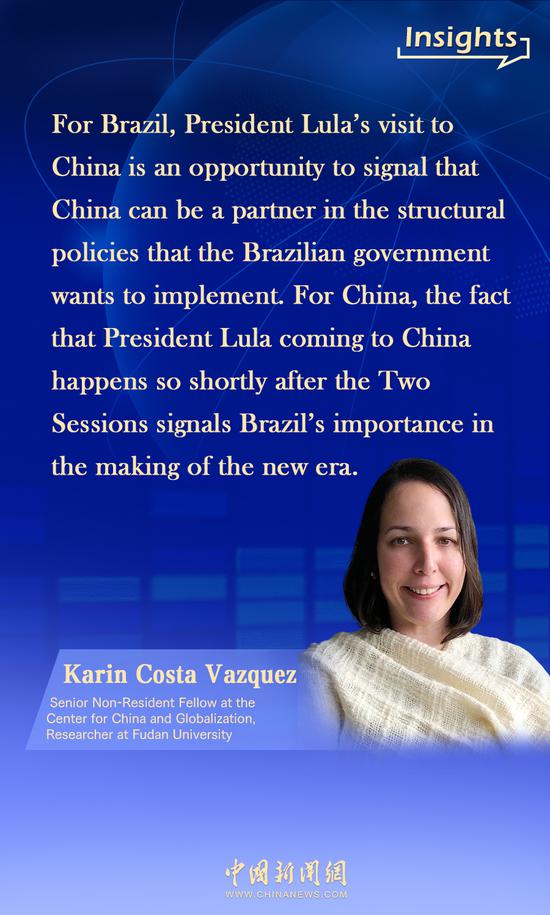



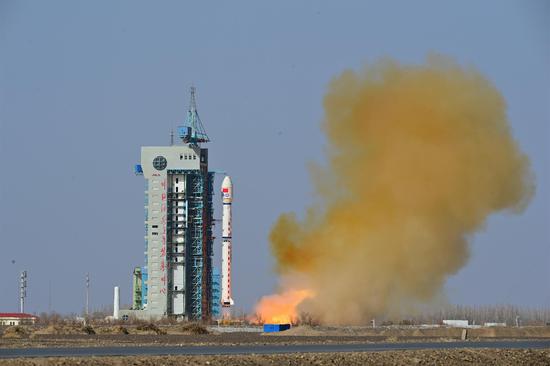


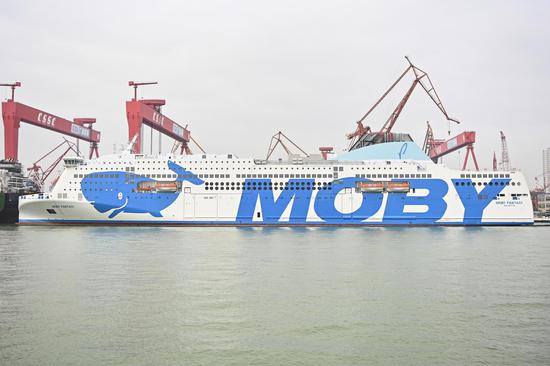





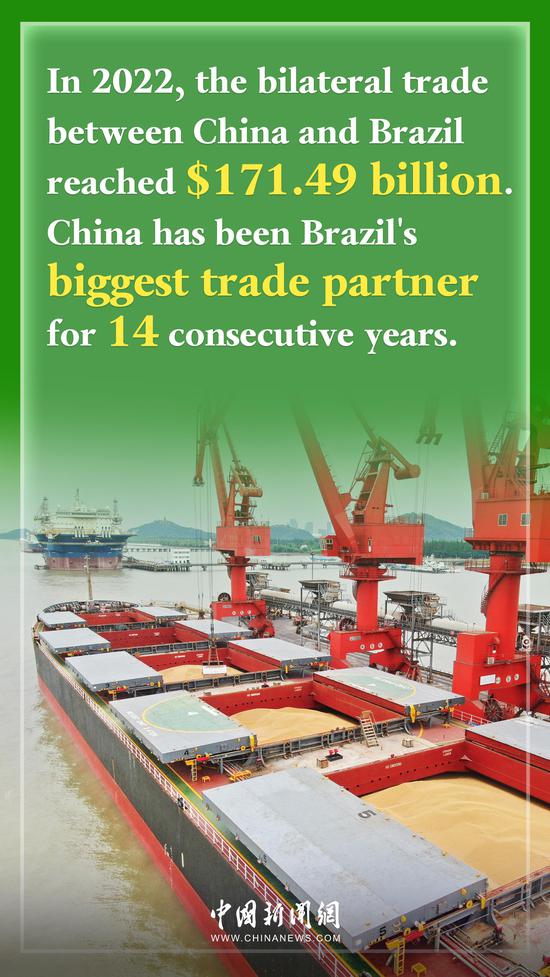
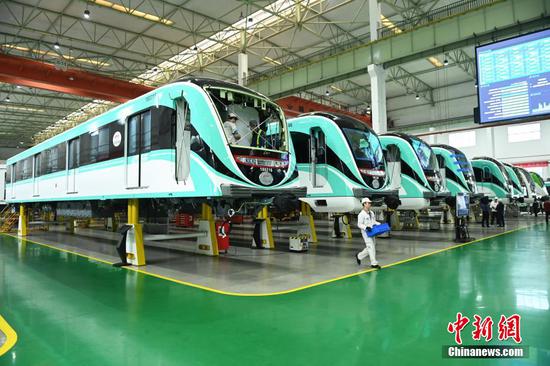


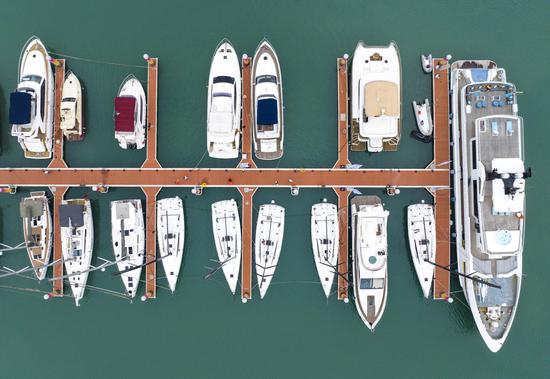



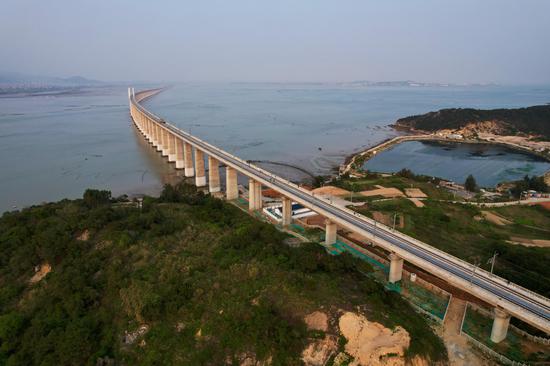
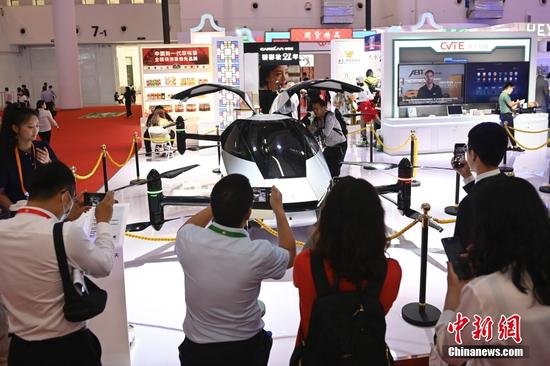


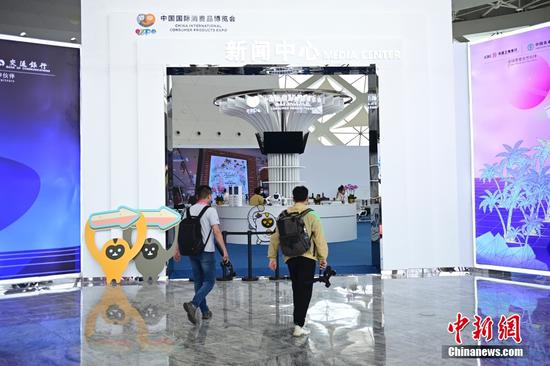






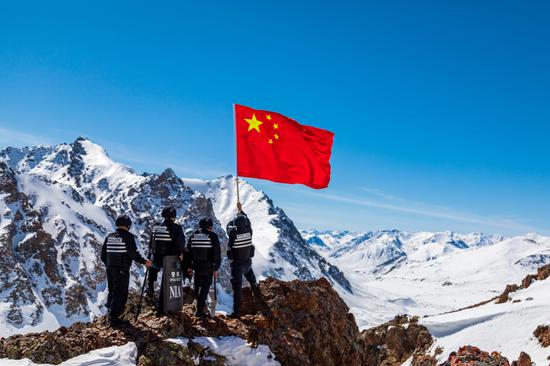

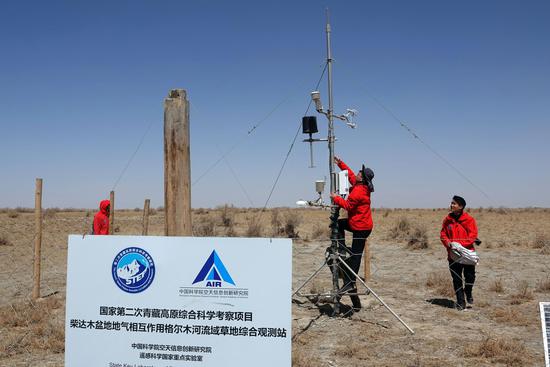






 京公网安备 11010202009201号
京公网安备 11010202009201号